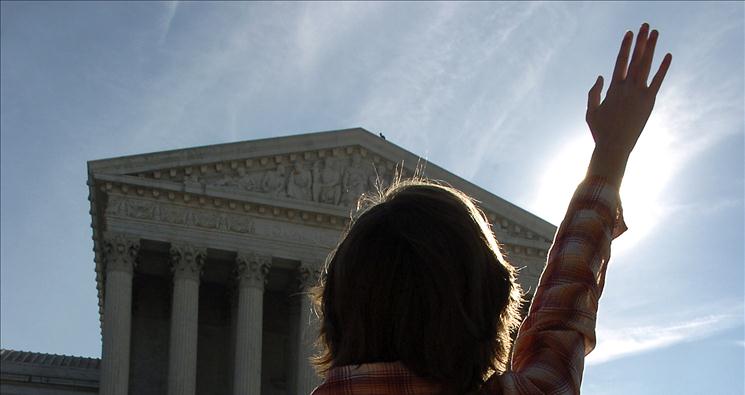Defending Christian Leadership for Christian Groups
This week the ACLJ filed an amicus brief in the Supreme Court in support of a cert petition filed by a Christian fraternity and a Christian sorority asking that the Court grant them the right to exist at San Diego State University. The University de-recognized the groups because they “discriminate” on the basis of religion.
Well, of course they do. They’re religious organizations, after all. As the Supreme Court just reaffirmed in Hosanna-Tabor Evangelical Lutheran Church and School v. EEOC, religious groups have a vital First Amendment interest in ensuring that their leaders share the group’s faith and purpose.
In the case at San Diego State (Alpha Delta Chi-Delta Chapter v. Reed), the university actually stipulated that it allows some other student groups (for example, political or ideological groups) to restrict membership or leadership to those individuals who agree with the “ideology, belief, or philosophy the group seeks to promote.” In other words, while the College Democrats can be for Democrats only or College Republicans can be for Republicans only, a Christian group has to be open to atheist leadership.
Simply put, this makes no sense.
In our amicus brief – filed with InterVarsity Christian Fellowship – we ask the Court to consider not only the injustice of the policy at issue but also the ongoing attack against religious expression on campus. There is great need for the same free expression principles outlined in Hosanna-Tabor to be applied to religious student groups at our colleges and universities.
